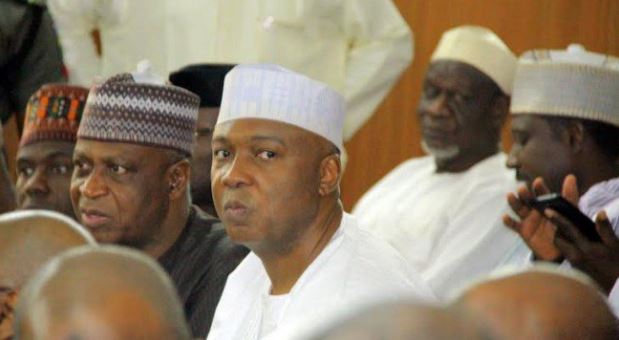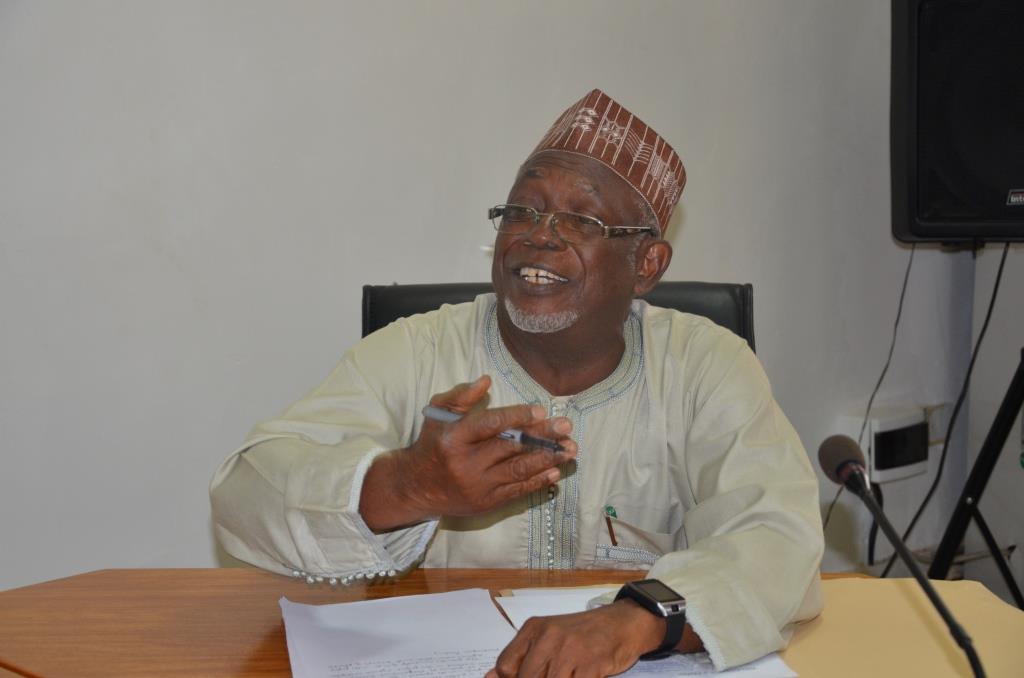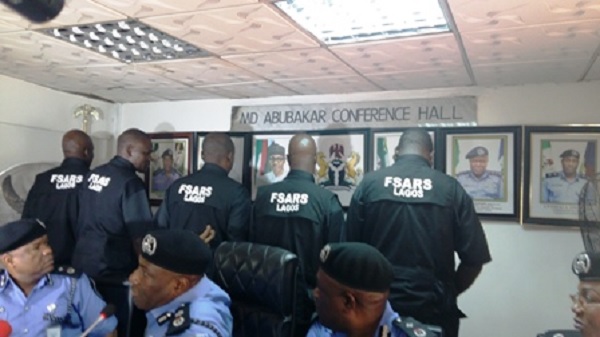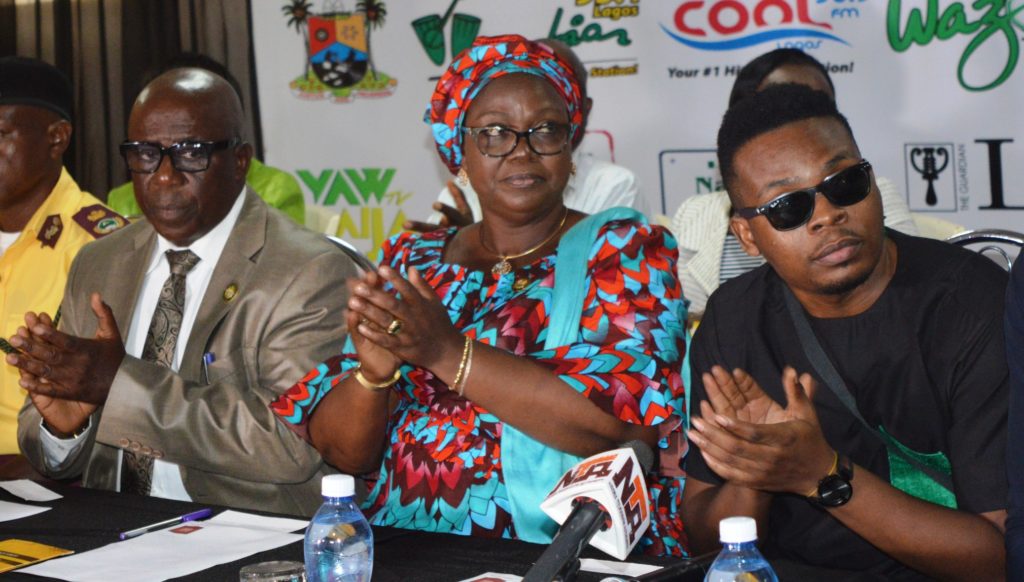A court of appeal sitting in Abuja has ordered Senate President Bukola Saraki to face three charges at the Code of Conduct Tribunal (CCT).
Tinuade Akomolafe-Wilson, the presiding judge, gave the order on Tuesday.
She struck out 15 of the 18 count charges filed against Saraki but said Nigeria’s number three citizen has to return to the CCT for the remaining charges.
In a 70-page unanimous judgment, Akomolafe-Wilson held that there was no evidence to substantiate the 15 out of the 18 counts as valid charges.
Advertisement
The judge however held that on counts 4,5 and 6 bothering on the purchase of house 17 A and B at McDonald Street, Ikoyi Lagos by the senate president, the prosecution was able to establish a prima facie case against Saraki.
The appellate court held that the prosecution established that there were discrepancies in the claims on the asset declaration forms as to how the two houses in Ikoyi were acquired.
The court concluded that credible evidence was led by the prosecution on counts 4,5,6 to warrant the defendant to be called upon to defend himself on how he acquired the properties disclosed in the three counts.
Advertisement
Akomolafe-Wilson said from the totality of the evidence adduced at the tribunal, it was proved beyond reasonable doubt that the 15 counts knocked off were based on hearsay evidence that have no probate value.
The court held that the information supplied in the report used to prepare the charge by the federal government against Saraki did not link Saraki directly with the charges as required by law.
The appellate court held that the federal government erroneously came to the conclusion that the onus to prove the 15 charges was on Saraki whereas it is an established fact that the party that alleges must be the one to prove beyond reasonable doubt.
The court faulted the federal government on the claim that Saraki collected salaries and emoluments from Kwara state government after he had left office as the executive governor of the state adding that it was a big surprise that no single witness was invited from Kwara State to prove the allegation.
Advertisement
On June 14, the CCT acquitted Saraki of the 18 charges of false asset declaration and other related offences preferred against him.
Danladi Umar, chairman of the tribunal, had held that with its four witnesses and 48 documentary exhibits tendered, the prosecution failed to establish a strong case against Saraki.
Umar added that the evidence adduced by the prosecution, led by Rotimi Jacobs (SAN), was “so unreliable that no reasonable tribunal could convict” anyone based on it.
He also said the evidence of the first prosecution witness, Michael Wetkas, an operative of the EFCC, was unreliable.
Advertisement
Dissatisfied, the federal government headed to the court and filed an appeal against Umar’s ruling.
The charges instituted against Saraki before the CCT related to the alleged breaches of the code of conduct for public officers, acts which were said to be punishable under the Constitution and the CCB/CCT Act.
Advertisement
He allegedly committed the breaches by making false declaration of his assets while being the governor of Kwara State between 2003 and 2007 for his first term and between 2007 and 2011 for his second term as governor and from 2011 to 2015 as a senator.
He was also said to have failed to declare to the Code of Conduct Bureau on assumption of office as governor of Kwara State in 2003, his leasehold interest in the property at 42 Remi Fani-Kayode Street, Ikeja, Lagos.
Advertisement
The prosecution also alleged that while being a public officer, the ex-governor operated bank accounts outside Nigeria and failed to declare the foreign accounts to the CCB while being governor and a senator during the period.
Advertisement
Add a comment






